Essential SEO Ranking Factors for 2025 to Optimize Your Website
While search engines are getting better at recognizing images, there’s no guarantee they will be able to read and understand it just yet. Sometimes a search engine will be able to find parts of your site by crawling, but other pages or sections might be obscured for one reason or another. It’s important to make sure that search engines are able to discover all the content you want indexed, and not just your homepage.
- Yes, random internal linking is probably better than no internal linking at all.
- John Mueller explains that no follow links aren’t included in the algorithm.
- Regarding ranking, your total number of reviews and average star rating can significantly influence your position in the Local Pack.
- To accomplish this, they employ a lot of advanced techniques like Natural Language Processing (NLP), phrased-based indexing, and machine learning.
- While keyword optimization is important, another factor you should consider is your site’s structure, especially if you’re launching a new site.
Use Relevant GBP Categories
It also makes it harder for search engines to crawl and index your site. Conversely, linking to irrelevant content confuses users, leading to unexpected or unrelated information. This disruption hinders seamless navigation and diminishes the user’s trust in your website’s relevancy and value. However, they influence the click-through rate (CTR), which is a ranking signal. As a result, Google will rank your pages higher for related search queries. For example, backlink relevance signals to Google your content is a relevant and trusted source.
Conducting A Content Audit
Freshness isn’t simply about the content itself, but about the entire SEO experience to continually deliver the most relevant result to the user. Many SEOs understand that freshness is a ranking signal, but they mistakenly believe that it only applies to the content itself. E.g. updating the publish date and refreshing the content every couple of years. The same way you can leverage your competition to find the most profitable keywords, some of the easiest link building opportunities you will find will also come directly from your competitors. Finally, after you’ve created a new page and linked to other pages on your site, you have one more step to go. Now it’s time to update your older pages with links to your new page.
Off-Site Factors and Backlinks
If you ultimately don’t have the time, hiring a reputable SEO company is a great option, and the cost of SEO is probably more affordable than you think. Your newly acquired SEO knowledge will help you understand their strategies much better, and you can ask much more informed questions. For example, backlinks from trustworthy BHS Links and high-authority websites like The New York Times boost your chances of ranking higher.
In this blog, we’ll discuss the most important factors that influence your SEO ranking and offer practical tips for improving your website’s performance. You’ll also learn about on-page and off-page SEO, as well as strategies for enhancing technical SEO and user experience to boost your traffic. These are essential brand ranking factors that will positively influence your search rankings. By focusing on these 8 ranking factors, your content will easily increase in rank in the search engine results. Technical SEO involves adjusting a website so that it meets the technical standards of today’s search engines, aiming to boost its organic search rankings. Key aspects include ensuring the website can be easily crawled, indexed, and rendered, along with organizing its structure effectively.
It meets the needs of users and gives them an ideal user experience. Anchor text – the actual text linked in a hyperlink – provides context to users and to search engines for the page that the link is directing to. Relevant, keyword-rich anchor text can help with SEO, while over-optimization or irrelevant anchor text can be detrimental. Proper keyword optimization will help ensure your content is appropriate for users’ search queries.
Now, we know that there are almost 200+ SEO ranking factors that determine if your website is ranking or not. Some of them have a major impact, while others are essential, but not necessary. In summary, Conversion Rate and Click-Through Rate are critical metrics for assessing and improving the performance of your SEO and content marketing strategies. Google Search Console (GSC) is a free tool provided by Google that helps website owners, webmasters, and SEO professionals understand how their site is performing in Google Search. For beginners looking to harness the power of SEO, mastering Google Search Console is a crucial step. Since voice searches are more detailed, long-tail keywords become incredibly important.
I’ve been using social media schemes to rank in the search listings consistently for the past 2 years. Just enter your URL into the SEO Analyzer and it will return a list of suggestions to improve your rankings. They offer a range of free diagnostics and SEO tools to help you understand and use their algorithm and it would be a good idea to take advantage of them.
You can use Google Alerts to help you track when and where your brand is being mentioned online. Identify content gaps or opportunities to create more comprehensive, valuable, or engaging content that appeals to your shared target audience. This analysis will inform your on-page optimization strategies and ensure your website meets industry standards.

 Huge Games Selection
Huge Games Selection